MOOC GdP (Gestion de projet) is a French MOOC on Project Management. Held twice a year since 2013, it was the first French MOOC to offer a certificate. Throughout 19 successive editions, over a quarter of a million students have signed up and 45,000 have completed at least the shortest courses available on the curriculum which require 15 hours of work per week over a four-week period.
Next year will be our tenth anniversary!
What was the original brief?
To be both massive and open access while maintaining a high quality. There were several factors instrumental to this: while the initial course was based on my original resources and videos, there has been a whole team involved, some of whom were volunteers and some paid. More than 100 core contributors designed and ran the MOOC over a ten-year period. To do this we needed a business model. So, we decided to keep the course free while asking for a financial contribution to receive the official certificate or to sit a proctored exam.
How did it start?
In 2000 I began sharing my project management course online. Over time more resources were made available: other courses, case studies, templates and later a whole website was created, dedicated solely to project management.
In 2010, a summer was devoted to recording the course as a series of videos and a YouTube channel was launched.
In 2012 an article was published in Le Monde: “La salle de classe planétaire” (the Worldwide Classroom) and it matched my own vision. So, using the existing resources, a first MOOC session was hosted by Canvas, a US start-up.
We wanted quality from the start. The very first session offered two individual tracks and a subsequent group track
What happened after this first session?
For the GdP2, we went from 3,500 to 10,000 enrolments in the second session in September and the MOOC was hosted by a French start-up, Unow. We implemented peer evaluation for the deliverables of the case study track, as well as for our own business model for certifications and proctored exams (through use of webcams and paper in African settings). I enrolled my own students as well and we added a single point of contact (SPOC) to train our first batch of professionals.
And after that, what innovations did you introduce?
Each session brought something new: seven specialisations for GdP3, Partnership with universities on GdP4, for GdP5 we used crowdfunding to issue grants to less well-off students and introduced further specialisations.
What was the most important turning point?
In 2018 Unow specialised in SPOCs for businesses, so a start-up was created (LearnGdP) along with our own online portal.
We switched from Canvas to Open EdX for hosting the MOOCs and obtained a grant to improve the open-source code of Open EdX. For GdP14 we introduced our third generation of videos!
Who are your students?
We still have a lot of enrolments, but as with all free courses, there is significant attrition. Half of our active students come from universities integrating the MOOC into their curriculums. The MOOC is not French, but French speaking with 50% of enrolees coming from outside France. We also have professionals on the MOOC and on private sessions with a SPOC.
Are you a researcher on MOOCs as well?
Indeed, this MOOC also exists to research learning! Validating flow in education, analysing learners’ performance and attrition, comparing university and self-enrolled students, designing peer grading.
You can find my paper on the subject: Mes contributions sur les MOOC.
Finally, what is your biggest challenge today?
We are opening a self-paced course. If we want to reach the same level of quality in this type of setting, we need to work on real-time analysis of learner’s behaviour. This is our main task this summer in addition to developing new specialisations: PMI, remote project management, and project financing.
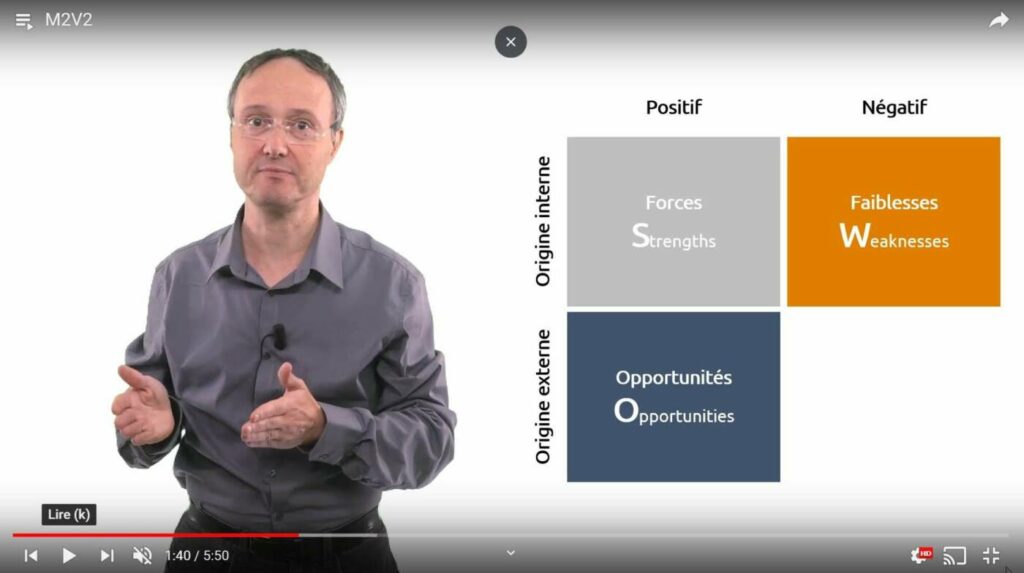
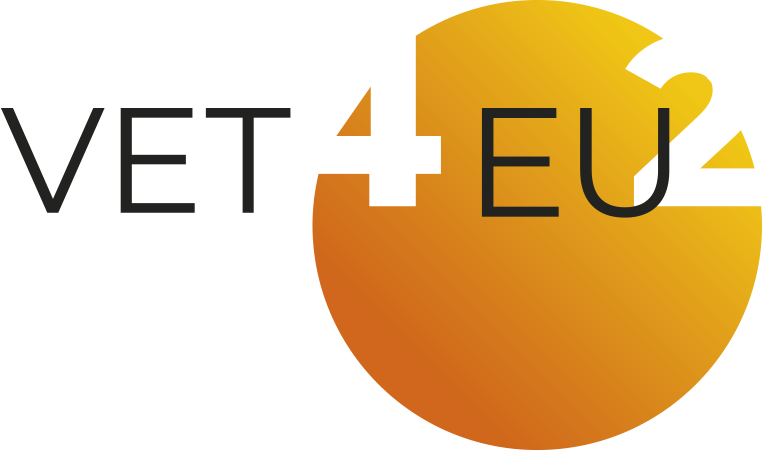
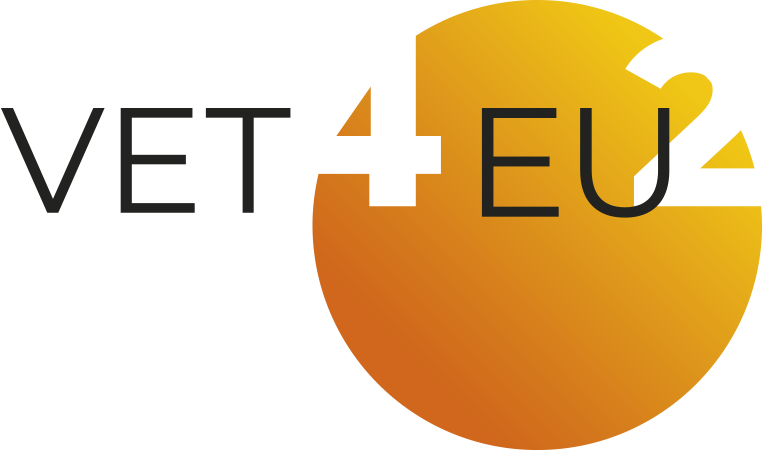
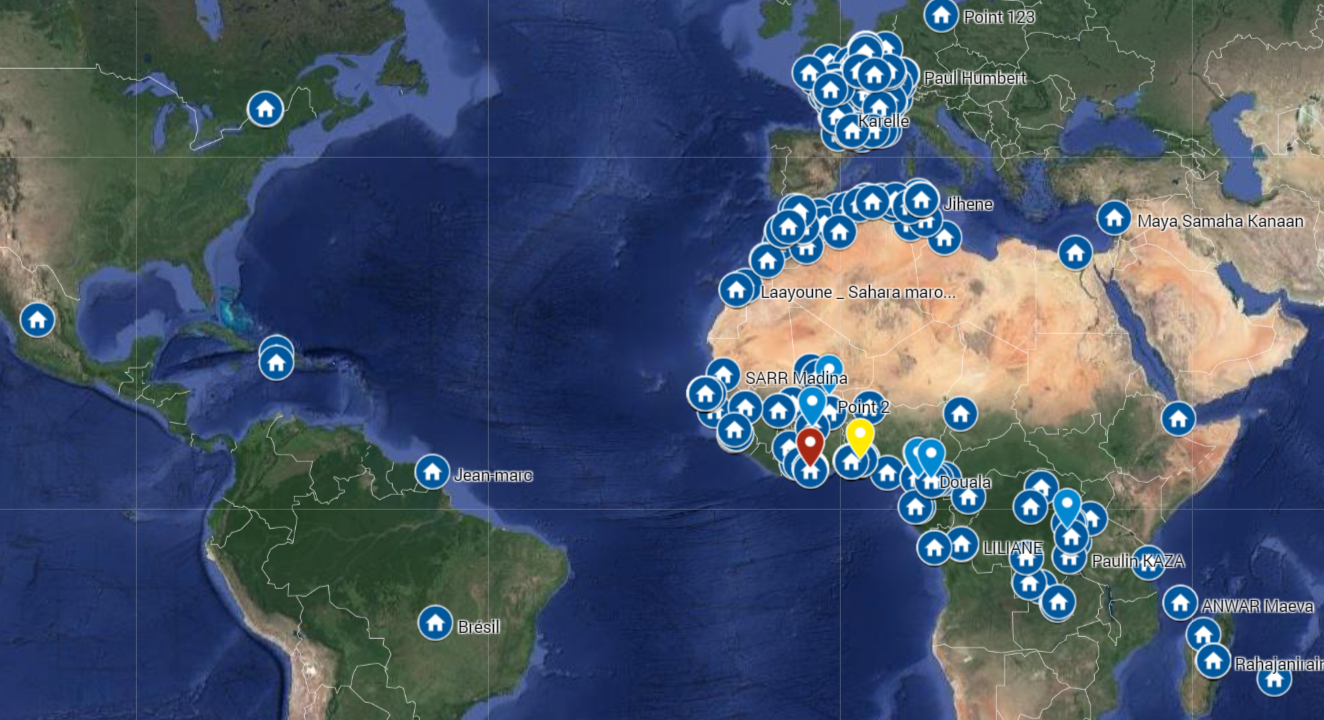
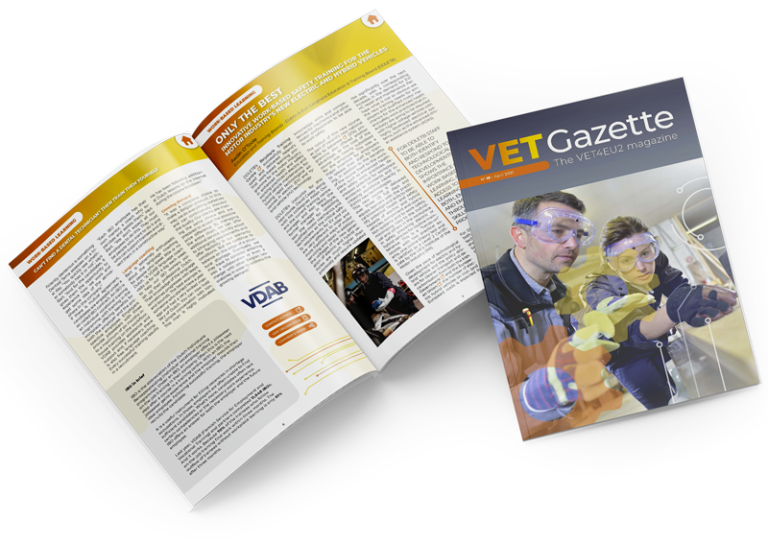
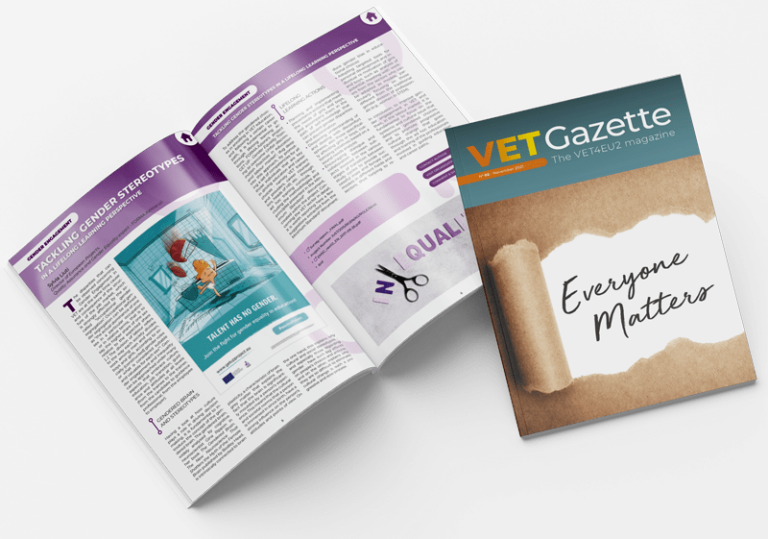
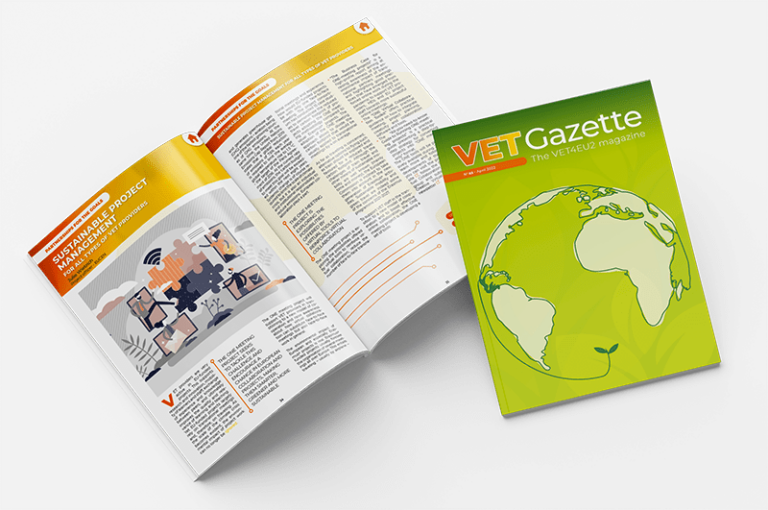
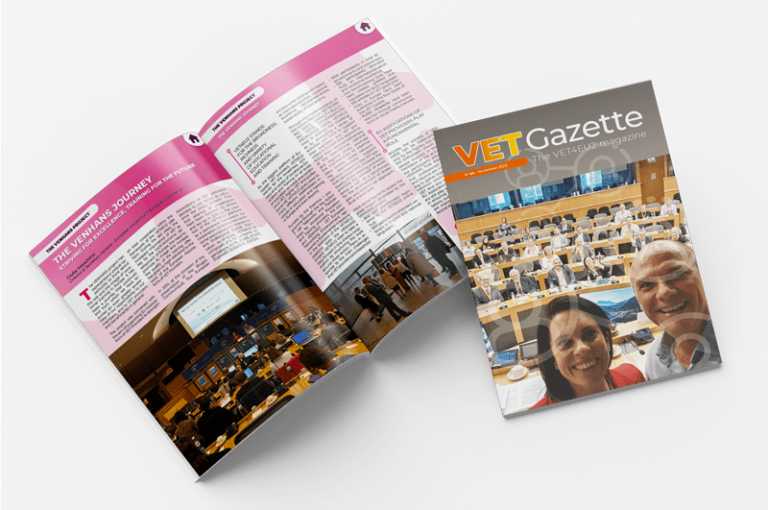

Responses